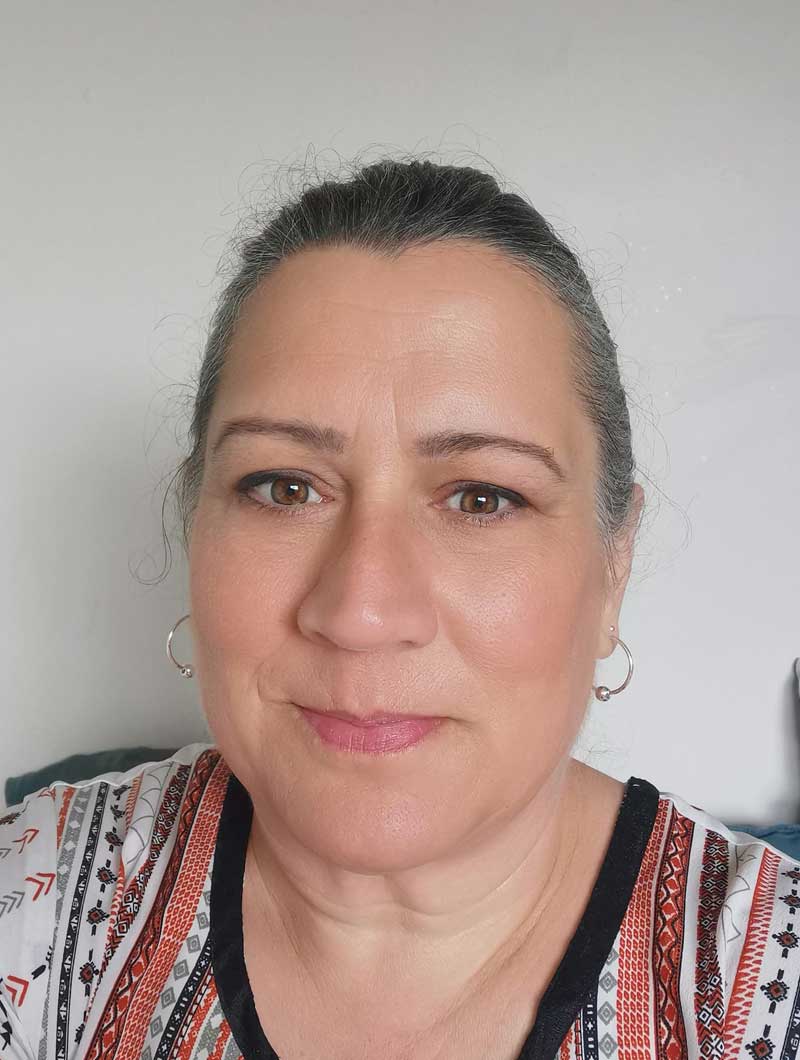Activists Plea for Consumer Participation at COP10
- Harm Reduction News This Week
- August 17, 2023
- 3 minutes read


Consumer advocates are calling for the next New Zealand government to support greater consumer advocacy participation in the 10th Conference of the Parties (COP10) to the World Health Organization’s Framework Convention on Tobacco Control (FCTC) in Panama.
“The WHO Framework Convention on Tobacco Control has contributed to some progress in the implementation of tobacco control measures, but they need to provide honest, risk-proportionate communication and regulatory recommendations for Tobacco Harm Reduction [THR] products,” says Nancy Loucas, executive coordinator of the Coalition of Asia Pacific Tobacco Harm Reduction Advocates (CAPHRA).
“While not perfect, these THR products can be a less harmful alternative to smoking and can help smokers quit. It is critical that smokers have access to accurate information about these products and that regulations are proportionate to their risks,” says Loucas.

The WHO FCTC should stop denying smokers, vapers and other tobacco users of their right to have a meaningful participation and inclusion in the formulation of policies that hugely impact them.
“The WHO FCTC should stop denying smokers, vapers and other tobacco users of their right to have a meaningful participation and inclusion in the formulation of policies that hugely impact them.”
CAPHRA is calling on the New Zealand government and next minister of health to ask all member states who will be attending COP10 to reject the prohibitionist proposals contained in COP10 provisional agenda items 6.1 to 6.4 that the organization insists will just further contribute to millions more of unnecessary deaths from smoking.
“New Zealand should prioritize science-based inclusive policy making, including at the WHO Framework Convention on Tobacco Control. It is essential that policy making is based on the best available evidence and that all stakeholders—including consumer advocates are included in the decision-making process,” said Loucas.